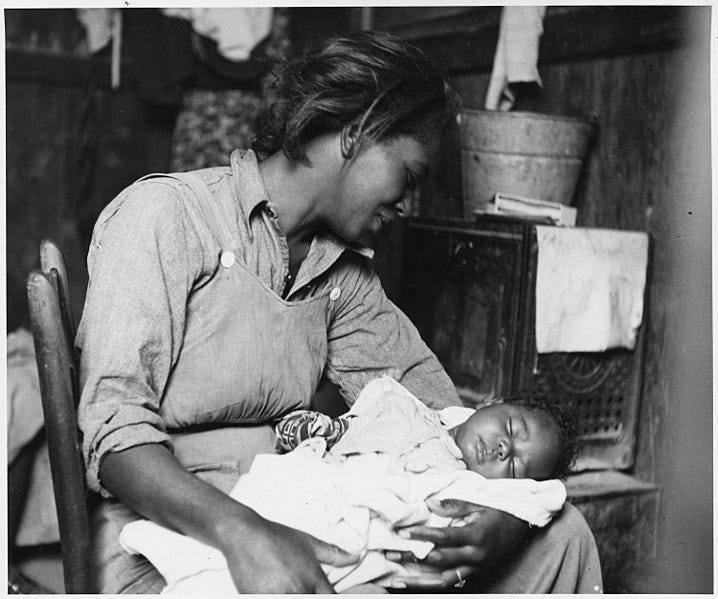
In Today’s Poem, the 1925 “Saturday’s Child,” the Harlem Renaissance poet Countee Cullen (1903–1946) inverts the old proverbs, truisms, fairy tales, and mythologies surrounding a birth. For his speaker, the conventional imagery of good fortune and anointing — the silver spoon, the mysterious star, the good fairies gathered with their gifts — forms an alien language, a language he must borrow and transform in order to locate himself in the world, but also in the English poetic tradition.
We might understand the ballad feel of this poem (though it’s in abab common-meter stanzas) as another borrowing from tradition, a way for an outsider to place himself inside that tradition — except that what the ballad traditionally does is to tell bad-luck stories, not fairy tales. For Cullen the form in which he tells his bad-luck fairy tale represents a poetic birthright rooted in inversions and trade-offs: “silk and down” …
Keep reading with a 7-day free trial
Subscribe to Poems Ancient and Modern to keep reading this post and get 7 days of free access to the full post archives.



